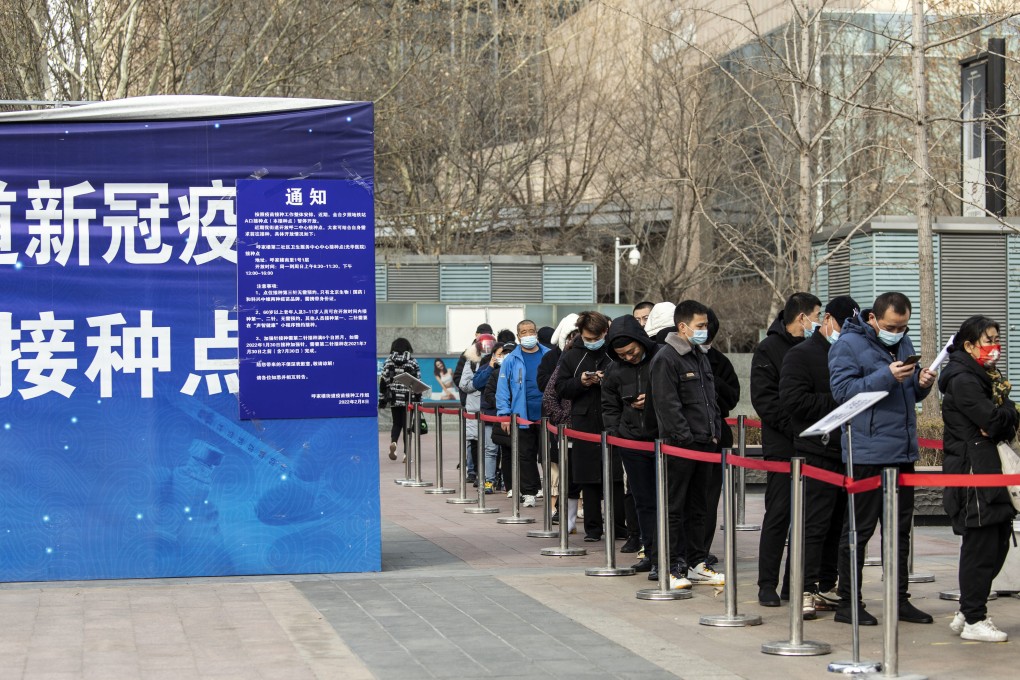Advertisement
What next for China’s dynamic zero-Covid strategy?
- There are signs that the country is looking for a middle path between tough restrictions and living with the virus
- But Hong Kong’s mounting cases and the need for stability complicate the equation, observers say
Reading Time:4 minutes
Why you can trust SCMP
10

Thousands of members of China’s political elite converge in Beijing each year for the “two sessions”, the country’s biggest annual political meetings. In the second in a series of stories on this year’s agenda, we look at whether China’s ‘dynamic zero-Covid strategy’ is likely to change.
Just weeks before the opening of the annual “two sessions”, Beijing hosted the Winter Olympics in a bubble with not reports of coronavirus transmissions from inside the loop to the outside, and vice versa.
China hailed the model a success and said it would use it again during the Winter Paralympics and the two sessions, which are being held concurrently.
Advertisement
Analysts said the Winter Olympics had not only burnished China’s international reputation but also boosted its confidence in using strict measures to achieve “dynamic clearing of Covid-19”.
It is doubling down on the approach, applying it in Hong Kong to contain a runaway outbreak there.
Advertisement
Despite this, two years of mass screening, intrusive contact tracing, and repeated lockdowns have taken their toll and China is looking for a way out while keeping political and social risks to a minimum.
Advertisement
Select Voice
Select Speed
1.00x
